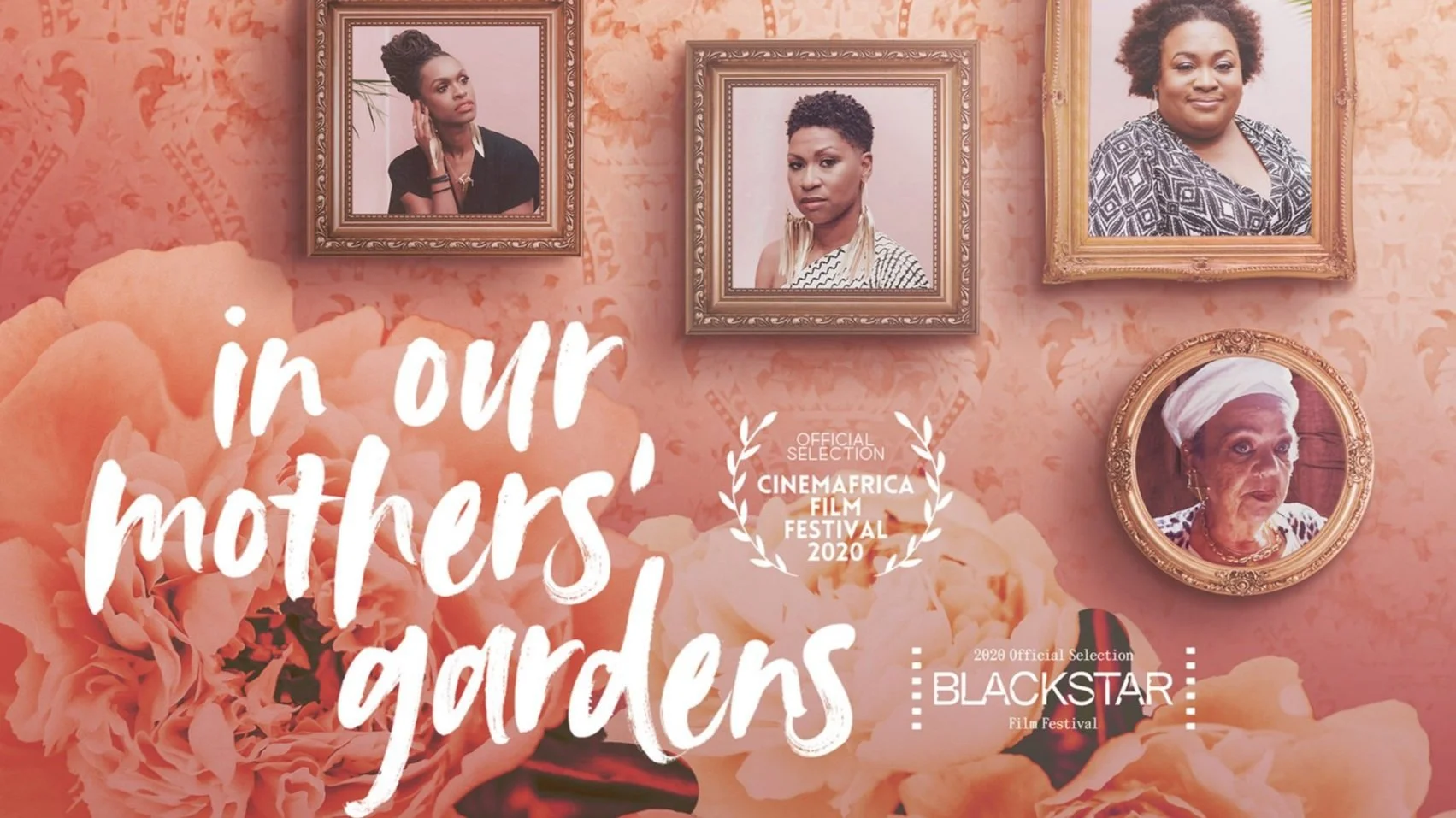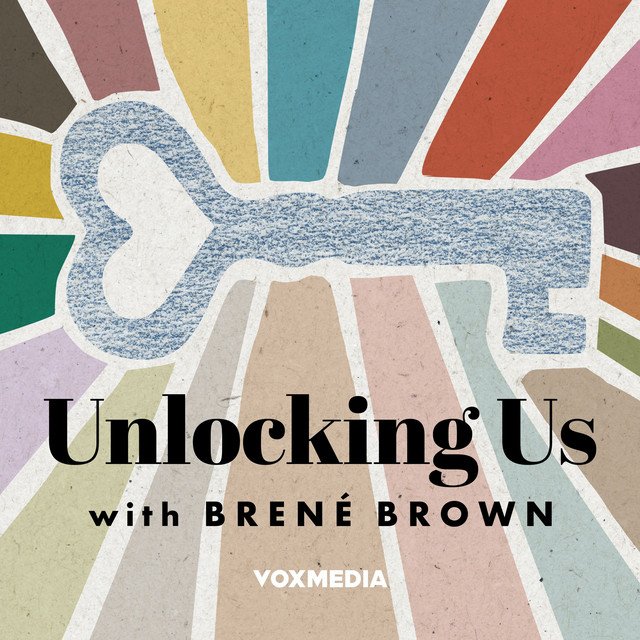Take the Ownership Pledge
We believe that change begins with taking ownership. We invite you to step into action by committing to three steps that will help you reflect on our collective history, engage in meaningful conversations about enslavement and reparations, and create space for healing within ourselves and with our loved ones.
We believe filmmaking transcends the screen. It lingers at your family's dinner table and with your coworkers at happy hour. We believe these stories are catalysts for deeper, more curious conversations.
Choose actions that resonate with you and feel free to suggest additional resources to help others on their journey.
Together we can make an impact.
The Great Griot Adventure
“A Family Storytelling Game”
Play the game and take the Ownership Pledge
Suggested time to play: 2 minutes per question, or up to 2 hours or more for play. Up to you!
Dive into the depths of your family history, values, traditions and legacies one question at a time!
With this joyful experience, you can create a personalized, family game where everyone is a winner.
To begin?
Browse our question bank below. It is designed to:
Guide families through an exploratory journey
Foster meaningful conversations that connect past, present, and future generations
Offer a fun moment to connect in real time!
STEP 1: Gather with family (one member or twenty!)
STEP 2: Choose your first question from the question bank below.
STEP 3: Ask, discuss, learn....and repeat with another question!
STEP 4: Go the extra mile and either voice or video record the moment to archive answers for generations to come.
-
How do you define 'family'?
-
What is your family's name?
-
What does your family name mean or signify?
-
Can you trace your family's ownership history? (land, businesses, significant possessions)
-
What is the soundtrack of your family? (songs, music genres that define your family)
-
Are there any family legends or tall tales? Share them.
-
What makes your family unique from others?
-
What role does technology play in your family's life?
-
Who is the oldest living person in your family?
-
Who holds the role of matriarch/patriarch in your family?
-
What are the most significant lessons you've learned from family members?
-
Who are the storytellers in your family?
-
Are there any precious heirlooms or objects your family cherishes? Describe them.
-
What significant events have shaped your family's History?
-
How do you envision the future of your family?
-
How has your family's place of origin influenced your family identity?
-
What languages are spoken in your family, and what is their significance?
-
What traditions does your family celebrate, and how did they start?
-
Are there any lost traditions your family wishes to revive?
-
What are your family's key recipes, and what stories do they hold?
-
What challenges has your family overcome together?
-
How has your family history influenced your personal identity?
-
What traits or characteristics are common in your family?
-
How do your family's experiences reflect broader historical or social changes?
-
What conflicts has your family faced, and how were they resolved?
-
What hopes and dreams does your family have for future generations?
-
What advice has been passed down through your family?
-
What books or stories are important to your family's history or culture?
-
What are the most cherished memories within your family?
-
What are the core values your family lives by?
-
How has your family's concept of ownership evolved over generations?
-
How does your family celebrate achievements and milestones?
-
What role does education play in your family's values?
-
What are your family's favorite shared activities or hobbies?
-
What is a typical family gathering like for your family?
-
How does your family approach discussions about difficult topics?
-
How does your family contribute to or participate in your community?
-
How does your family deal with loss or grief?
-
How does your family handle changes or transitions?
-
How does your family celebrate your cultural heritage?
Read.
Watch.
Listen.
Experience.
Pick a resource below and take the Ownership Pledge
Read
Forgiveness, Empathy, Compassion, and Kindness—these four fundamental human values are the key to unlocking great unity and humanity. It’s Time to Give a FECK! written by Chaz Ebert.
Bridging women’s history, the history of the South, and African American history, this book makes a bold argument about the role of white women in American slavery.
What do Americans really think about race and identity?
Expert's refusal to appraise slave trade item shocks viewers, revealing hidden horrors.
A new museum specializes in Black genealogy.
Watch
Through personal narratives, community inquiries, and scholarly insights, it aims to inspire understanding of the scope and rationale of the reparations debate.
This short film focuses on July 3, 2020, when Land Defenders took to Mt. Rushmore to reignite the fight for the Black Hills and the closure of Mt. Rushmore, a symbol of white supremacy and racism.
This film celebrates the strength and resiliency of Black women and Black families through the complex and often times humorous relationship between mothers and daughters.
Author Ta-Nehisi Coates told lawmakers at a House committee hearing that the debate over reparations is “a dilemma of inheritance.”
"Curiosity is the most powerful tool we have to navigate our world, especially when our world is dangerously divided along political lines.", author & journalist, Monica Guzman
Listen
Trymaine speaks with descendants of the 272 enslaved people sold to save the university, and the Jesuit leader trying to work towards repair
Erika, a black woman, and Whitney, a white man use their unique storytelling skills and experiences to explore the argument for and against reparations for Black Americans.
A look at the true role white women played in slavery and the effects that are still being felt today
A conversation with Ibram X. Kendi on a groundbreaking approach to understanding uprooting racism and inequality in our society and in ourselves.
Experience
THE NATIONAL MUSEUM OF AFRICAN AMERICAN HISTORY AND CULTURE | Offers all Americans insight into the richness of the African American experience and its impact on the nation's history.
INTERNATIONAL AFRICAN AMERICAN MUSEUM | Tells the unvarnished stories of the African American experience across generations, the trauma and triumph that gave rise to a resilient people.
NATIONAL CIVIL RIGHTS MUSEUM | Shares the culture and lessons from the American Civil Rights Movement and explore how this significant era continues to shape equality and freedom globally.
WHITNEY PLANTATION | Focused on slavery history, located on a former sugar, indigo, and rice plantation active from 1752 to 1975, this plantation preserves over a dozen historical structures, many listed on the National Register of Historic Places.
THE LEGACY SITES | Three Spaces. One Powerful Experience. Legacy Sites invite visitors to confront our history of racial injustice in places where it occurred. Located on Indigenous lands and pivotal in the history of slavery and the Civil Rights movement, they provide a powerful opportunity for truth-telling and reflection.

























